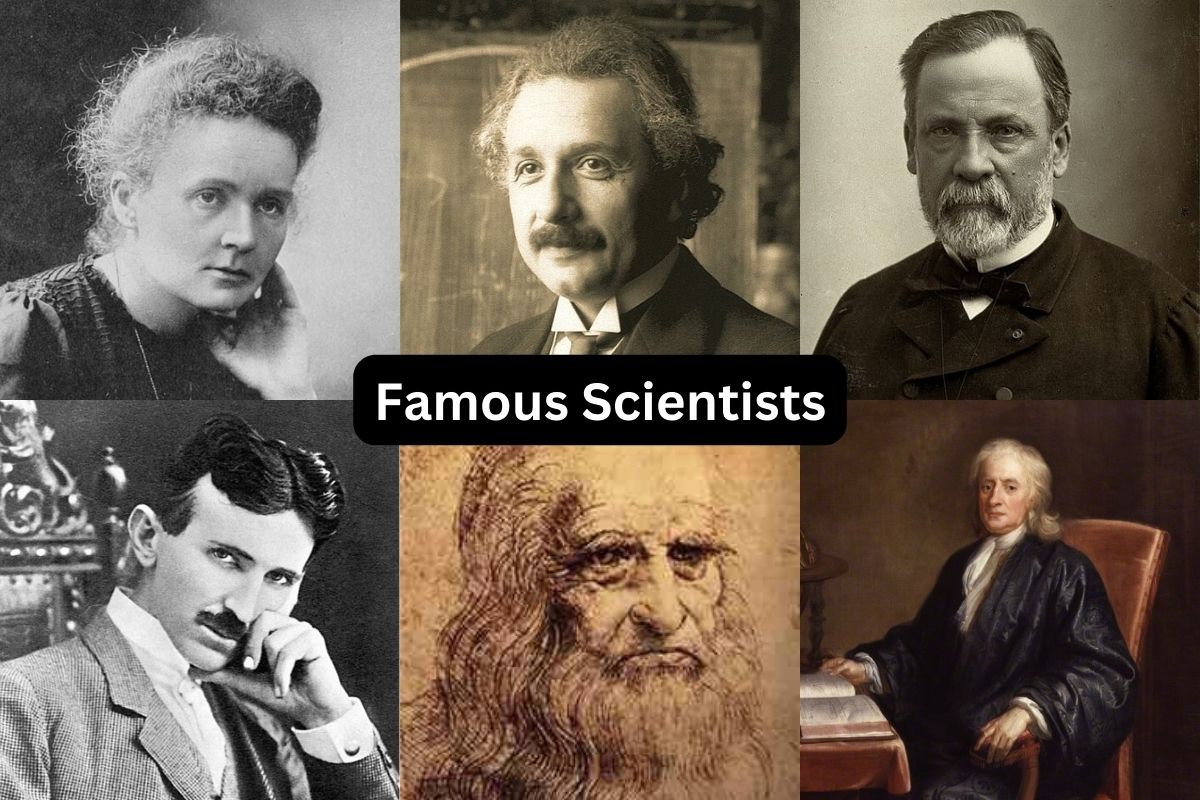Throughout human history, there are individuals whose brilliance and pioneering contributions have illuminated the path of scientific discovery.
From unraveling the mysteries of the cosmos to deciphering the intricacies of life on Earth, these iconic figures have left an indelible mark on the world of science.
In this article, we embark on a journey through time to explore the lives, achievements, and enduring legacies some of the most famous scientists who have shaped our understanding of the universe and the forces that govern it.
Famous Scientists
1. Albert Einstein (1879-1955)

Albert Einstein was a German-born theoretical physicist who is best known for his theory of relativity. His groundbreaking work included the special theory of relativity (1905) and the general theory of relativity (1915), which revolutionized our understanding of space, time, and gravity.
Einstein’s equation, E=mc², showed the equivalence of energy (E) and mass (m) and became one of the most famous equations in physics.
He was awarded the Nobel Prize in Physics in 1921 for his explanation of the photoelectric effect, which demonstrated the particle-like nature of light.
Einstein’s work had a profound impact on the development of modern physics and led to advances in technology, such as the development of nuclear energy.
2. Isaac Newton (1643-1727)
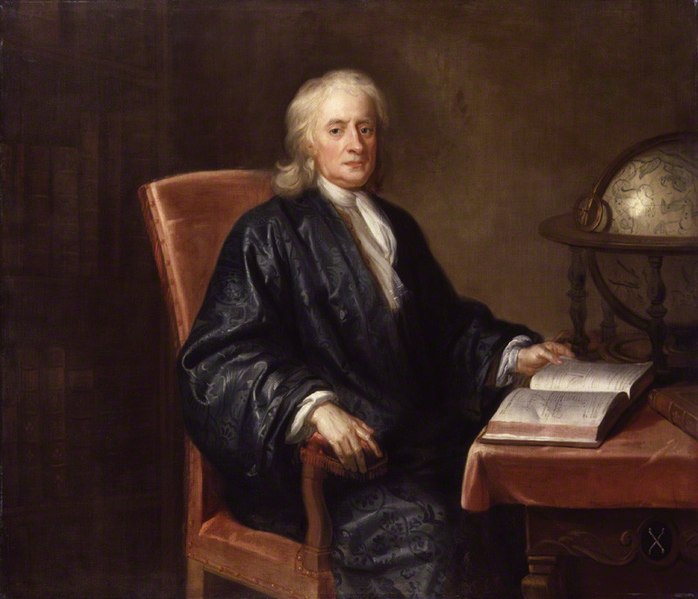
Sir Isaac Newton was an English mathematician, physicist, and astronomer. He is widely regarded as one of the most influential scientists in history.
Newton formulated the three laws of motion, which laid the foundation for classical mechanics. His laws describe how objects move when acted upon by forces, and they remain fundamental principles in physics.
He also developed the law of universal gravitation, which explained the force of attraction between all objects with mass. This law allowed for the precise calculation of planetary orbits and greatly advanced our understanding of celestial mechanics.
Newton’s work extended beyond physics, as he made significant contributions to mathematics, such as inventing calculus independently of Gottfried Wilhelm Leibniz.
3. Galileo Galilei (1564-1642)
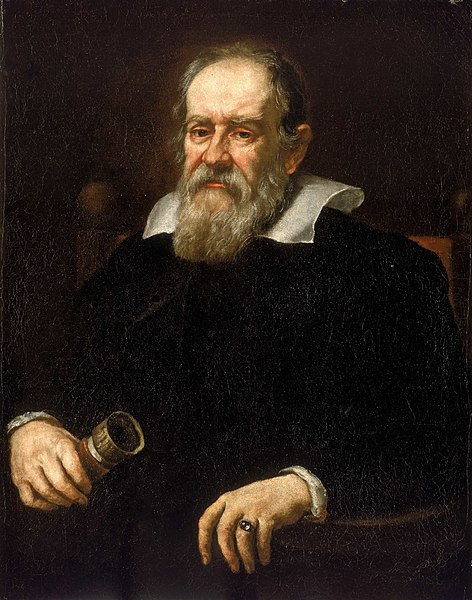
Galileo Galilei was an Italian astronomer, physicist, and mathematician often referred to as the “father of modern science.”
He made pioneering observations with telescopes, confirming the heliocentric model of the solar system proposed by Nicolaus Copernicus. Galileo’s observations provided strong evidence against the geocentric view that had dominated for centuries.
Galileo also made important contributions to the study of motion, conducting experiments on falling objects and the motion of pendulums. His work laid the groundwork for Isaac Newton’s laws of motion.
His support for the heliocentric model and his challenges to the traditional views of the Catholic Church led to his conflict with the Inquisition and house arrest in his later years. Despite this, his work had a profound and lasting impact on the scientific revolution.
4. Marie Curie (1867-1934)
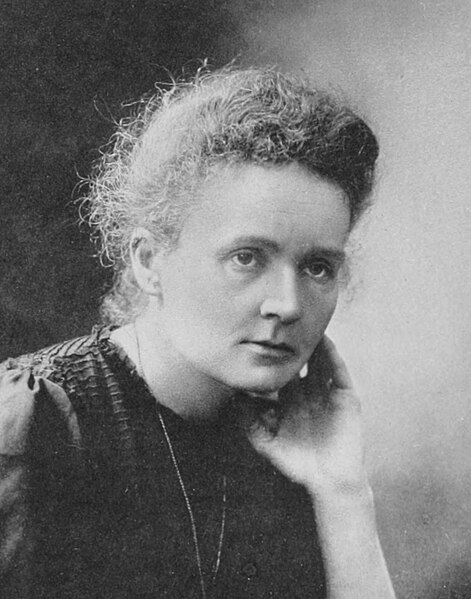
Marie Curie, born Maria Skłodowska in Poland, was a pioneering physicist and chemist. She was the first woman to win a Nobel Prize and remains the only person to have won Nobel Prizes in two different scientific fields: physics and chemistry.
Her work with her husband, Pierre Curie, led to the discovery of two radioactive elements, polonium and radium. This work was groundbreaking and helped to establish the field of radioactivity.
Marie Curie’s research had significant implications for medical science, as her discoveries were instrumental in the development of X-ray machines and radiation therapy for cancer treatment.
She received the Nobel Prize in Physics in 1903 (shared with Pierre Curie and Henri Becquerel) and the Nobel Prize in Chemistry in 1911 for her work on radium and polonium.
5. Nikola Tesla (1856-1943)
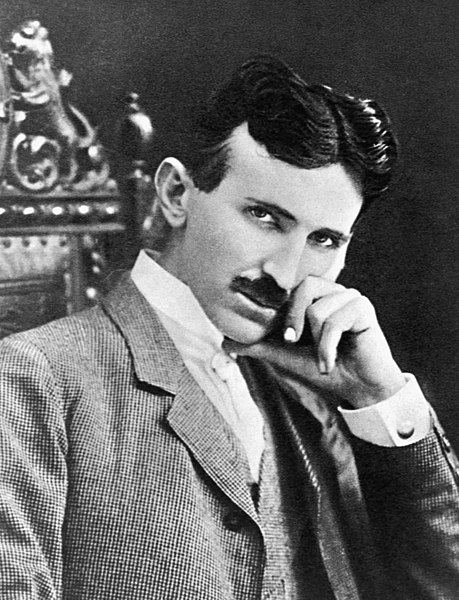
Nikola Tesla was a Serbian-American inventor, electrical engineer, and physicist known for his pioneering work in the field of electricity and magnetism.
He made significant contributions to the development of alternating current (AC) electrical systems, which are widely used for power distribution today. His rivalry with Thomas Edison over AC versus direct current (DC) systems is legendary.
Tesla also conducted research on wireless communication, X-ray technology, and various electrical devices. His inventions and patents laid the groundwork for modern electrical engineering and technology.
Although Tesla was not as commercially successful as some of his contemporaries, his ideas and innovations have had a lasting impact on the world of science and technology.
6. Louis Pasteur (1822-1895)
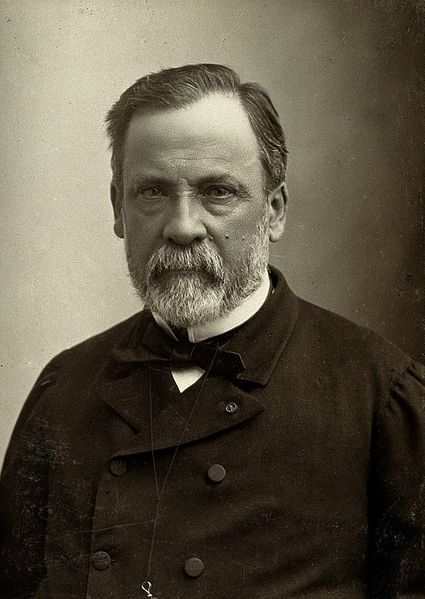
Louis Pasteur was a French chemist and microbiologist renowned for his groundbreaking work in the fields of microbiology, immunology, and germ theory.
He is best known for developing pasteurization, a process used to heat-treat liquids such as milk and wine to kill harmful bacteria and extend their shelf life.
Pasteur also played a pivotal role in disproving the theory of spontaneous generation by demonstrating that microorganisms arise from other microorganisms, not spontaneously from non-living matter.
His work laid the foundation for modern medicine and the development of vaccines. He developed vaccines for diseases such as rabies and anthrax, which had a profound impact on public health and immunology.
7. Stephen Hawking (1942-2018)

Stephen Hawking was a renowned theoretical physicist and cosmologist from England. He made significant contributions to our understanding of the universe, particularly in the fields of black holes and cosmology.
Hawking is best known for his work on the theoretical prediction that black holes emit radiation, now called “Hawking radiation.” This groundbreaking idea challenged previous notions about black holes and their behavior.
Despite being diagnosed with amyotrophic lateral sclerosis (ALS) at a young age, Hawking continued to work prolifically and authored the bestselling book “A Brief History of Time,” which made complex astrophysical concepts accessible to the general public.
His work earned him numerous awards and honors, and he became one of the most recognizable and celebrated scientists of the 20th century.
8. Leonardo da Vinci (1452-1519)

Leonardo da Vinci was a Renaissance polymath, known for his talents in art, science, engineering, and various other fields. He is often referred to as the “universal genius.”
In the realm of science, da Vinci made numerous pioneering contributions. He conducted detailed anatomical studies, creating some of the most accurate depictions of the human body at the time. His notebooks are filled with sketches and observations of the natural world.
Leonardo was also a visionary engineer and inventor, conceptualizing designs for flying machines, tanks, and various other devices that were far ahead of his time.
His artistic works, including the “Mona Lisa” and “The Last Supper,” are some of the most iconic and valuable pieces of art in history.
9. Charles Darwin (1809-1882)
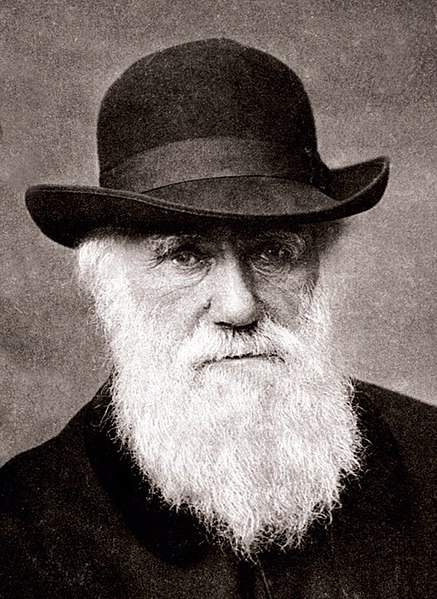
Charles Darwin was an English naturalist whose groundbreaking work in the mid-19th century laid the foundation for the modern theory of evolution by natural selection.
His most famous work, “On the Origin of Species,” introduced the concept that species evolve over time through a process of natural selection, where individuals with advantageous traits are more likely to survive and reproduce.
Darwin’s theory revolutionized biology and our understanding of the diversity of life on Earth. It also sparked significant scientific and societal debates, particularly in the context of religious beliefs and the origin of species.
Today, the theory of evolution by natural selection is a fundamental concept in biology and has been supported by extensive evidence from multiple fields of science.
10. Aristotle (384-322 BCE)
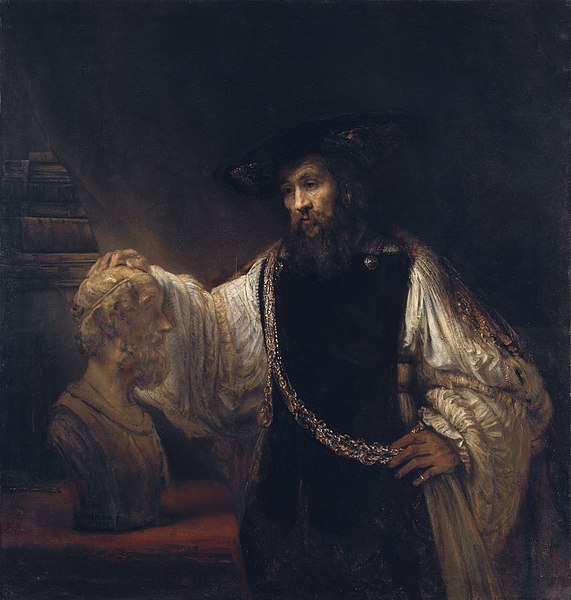
Aristotle was an ancient Greek philosopher and polymath who made significant contributions to various fields, including philosophy, biology, physics, ethics, and politics.
In the field of biology, Aristotle’s work “Historia Animalium” was a pioneering effort to classify and study animals. He made observations about their behaviors, habitats, and anatomical structures, laying the groundwork for the later development of biological science.
In physics, Aristotle’s ideas about motion and the nature of the physical world dominated Western thought for centuries, although some of his concepts were later challenged by figures like Galileo and Isaac Newton.
Aristotle’s philosophical writings had a profound and lasting influence on Western philosophy, shaping the course of intellectual history for centuries to come.
